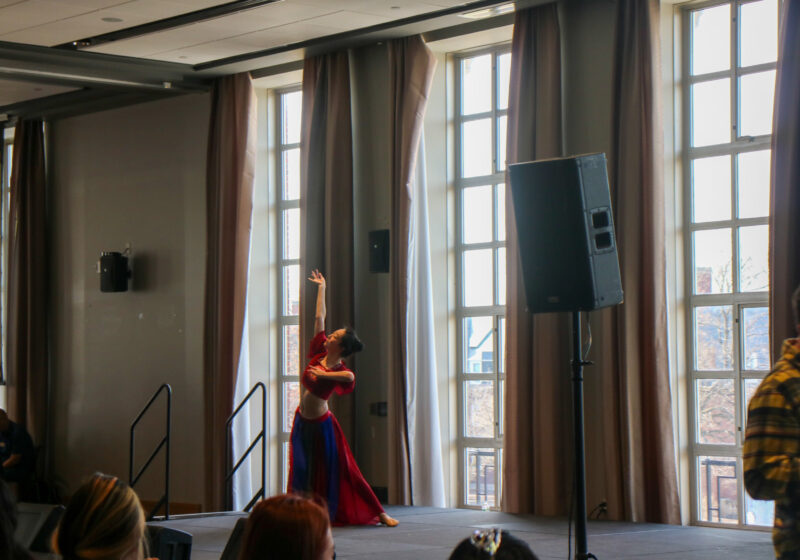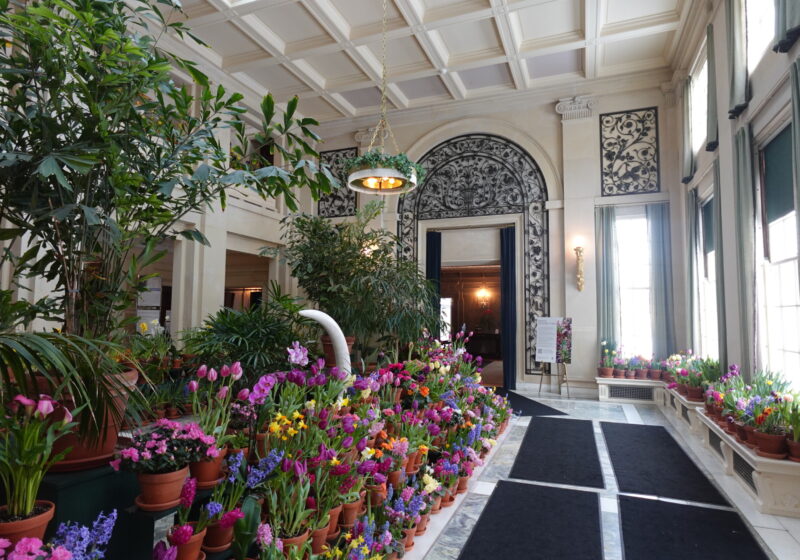Anthropology Professor Robert Foster has learned to think big. He travels to Papua New Guinea in order to research the effects that globalization has on national culture.
“You can think of it in terms of widening perspectives,” Foster said. “The first book was very local. My perspective was a local one. In the research I began doing after getting my Ph.D. I became much more interested in the question of the nation, of nationalism and of the creation of a national culture.”
Foster attained his doctorate in anthropology at the University of Chicago in 1988 and taught there for three years before coming to UR in 1990. At first, he focused on local cultural performances, writing his doctoral dissertation on the mortuary rituals of the Tonga islands of Papua New Guinea.
He has since written two more books, “Nation Making: Emergent Identity in Postcolonial Melanesia” and “Materializing the Nation: Commodities, Consumption and Media in Papua New Guinea.”
Foster believes that national culture becomes consumer culture through the spread of new forms of media. “I began getting interested in media, television, advertising and also the way in which people’s consumption patterns were beginning to change,” Foster said.
Currently, Foster is working on a project entitled “Worldly Things: Soft Drink Perspectives on Globalization.” He intends to use the marketing and increased consumption of soft drinks as a springboard for discussion of the spread and effects of globalization.
Foster has researched globalization, focusing on the operation of transnational corporations, marketing of products and the political dimension of globalization. “There are new forms of politics being generated by globalization,” Foster said. “Believe it or not, you can actually get at that by looking at soft drinks.”
Foster feels that the anthropological field is primed to pay more attention to translocal factors. “The days are gone in which you can pretend to go to a village somewhere in the middle of nowhere, and sit for a year and a half and study what’s going on and go away and write about it,” he said. “More and more of people’s lives are being shaped by circumstances that are outside of the locality in which they live.”
Currently, Foster teaches Ethnographic Themes at UR. His students feel that he is an engaging and interesting professor.
“[Foster] is absolutely the best professor I’ve ever had in my college career. He’s very passionate and knowledgeable,” senior Julie Dreyfus said.
Foster is also chair of the anthropology department. His colleagues are impressed by his leadership capabilities and research. “He’s very aware and encouraging of us to be visible and engage with students on campus, but also to have a national visibility. I would say that we’re lucky,” said Associate Professor of Anthropology Ayala Emmet.
Foster feels that teaching is fulfilling in shaping the experiences and lives of students. “There’s a sense in which people in higher education, college education are producing two things. They’re producing knowledge and research. They’re also producing people. They’re assisting in the creation of future generations and individual lives, not that you can shape them completely, but you can certainly affect them.”
Treanor can be reached at mtreanor@campustimes.org.





